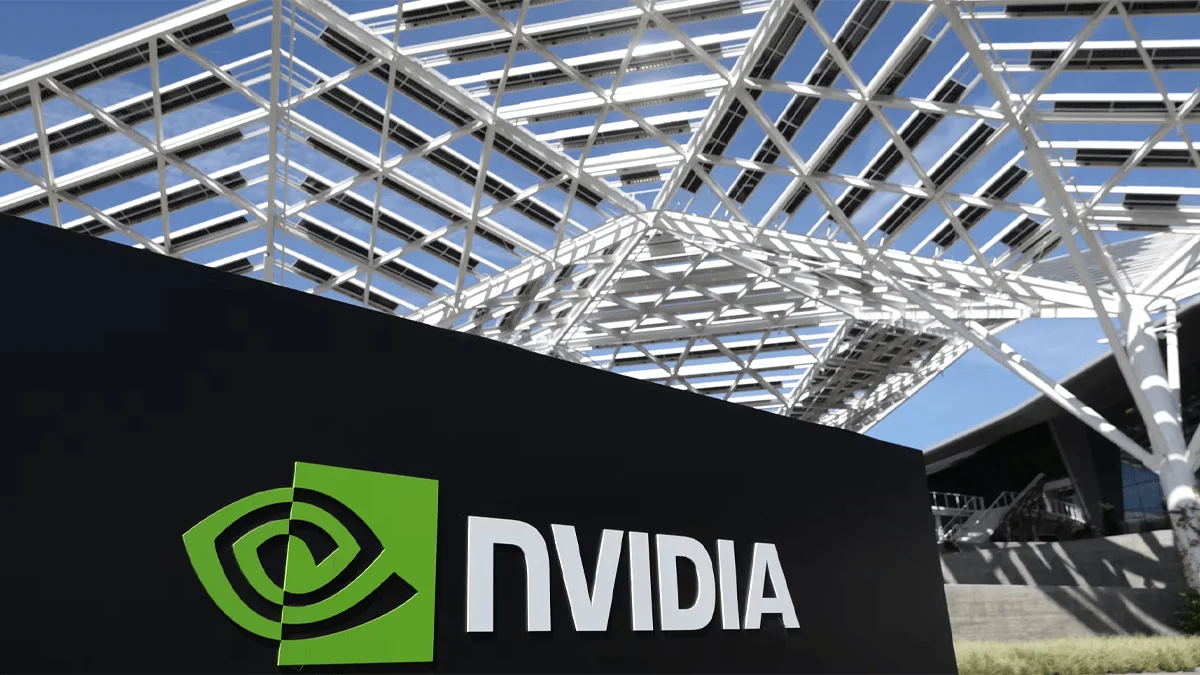Necessary Always Active
Necessary cookies are required to enable the basic features of this site, such as providing secure log-in or adjusting your consent preferences. These cookies do not store any personally identifiable data.
|
||||||
|
||||||
|
||||||
|

Customers who have received the new Nvidia Blackwell AI chips have reportedly raised concerns regarding the overheating of servers. According to Reuters, customers are worried that they may not get their new AI data centers up and running on time due to this problem.
“We had heard that server designs were still being finalized as of last month but would be surprised if NVL72 shipments are meaningfully delayed by issues with heat (and cooling),” Matt Bryson, an Analyst at Wedbush Securities Analyst Matt Bryson said.
Overheating of the Nvidia Blackwell graphics processing units happens when the chips are connected in server racks that hold a maximum of 72 chips. Each rack requires up to 120 kilowatts of electricity to run.
To fix the Nvidia chip overheating issue, the GPU manufacturer has instructed suppliers to adjust the design of chip racks multiple times. This move was confirmed by an employee of Nvidia who has been handling the issue, as well as suppliers, and customers who are aware of the overheating problem.
“Nvidia is working with leading cloud service providers as an integral part of our engineering team and process. The engineering iterations are normal and expected,” An Nvidia company spokesperson said.
Nvidia AI Chip hardware has been touted to process data up to 30 times faster than previous GPU generations. The overheating problem isn’t a minor technical hiccup, it’s an issue that has captured the interest of Big techs like Meta, Google, and Microsoft. These companies are now worried that the overheating problem could further delay their AI development timelines.
Last month, global cloud-computing service provider, Amazon Web Services (AWS) announced that its Blackwell-powered systems won’t be available online until early 2025. If not fixed quickly, the Blackwell chip overheating problem could force Amazon to delay its systems further.
Earlier this year, Nvidia AI chip maker said that it would be shipping the Blackwell chips in the second quarter. However, the company experienced AI chip production delays following design flaws. The overheating problem may be related to this challenge. Overheating of Blackwell chips could significantly affect their performance.
GPUs are heat generators, the more powerful they become, the more heat management becomes crucial. Since Nvidia’s Blackwell chips are highly advanced, they have required multiple engineering alterations to fix thermal management.
The latest reports indicate that mass production of the altered Blackwell Nvidia chips commenced in late October. At the beginning of October 2024, Nvidia CEO, Jensen Huang said that production of Nvidia Corp Blackwell chips was on course and going as planned. The new reports mean that the chip maker will most likely start shipping Blackwell GPUs in late January 2025, a few months later than initially anticipated.
Nvidia stocks dipped on Monday, November 18 2024 following reports that the AI manufacturer’s Blackwell chips were overheating. Earlier this month, Nvidia toppled Apple to become the world’s most valuable company.
Buoyed by the Nvidia AI wave, the giant AI chip maker’s stock surged by 3% on November 5, 2024, to close the day with a $3.43 trillion market capitalization against Apple’s $3.4 trillion. As Blackwell’s overheating concerns give Nvidia stocks a blow, the chip maker will now have to prove itself in the coming year even as it finds ways to meet the growing demand for AI chips.